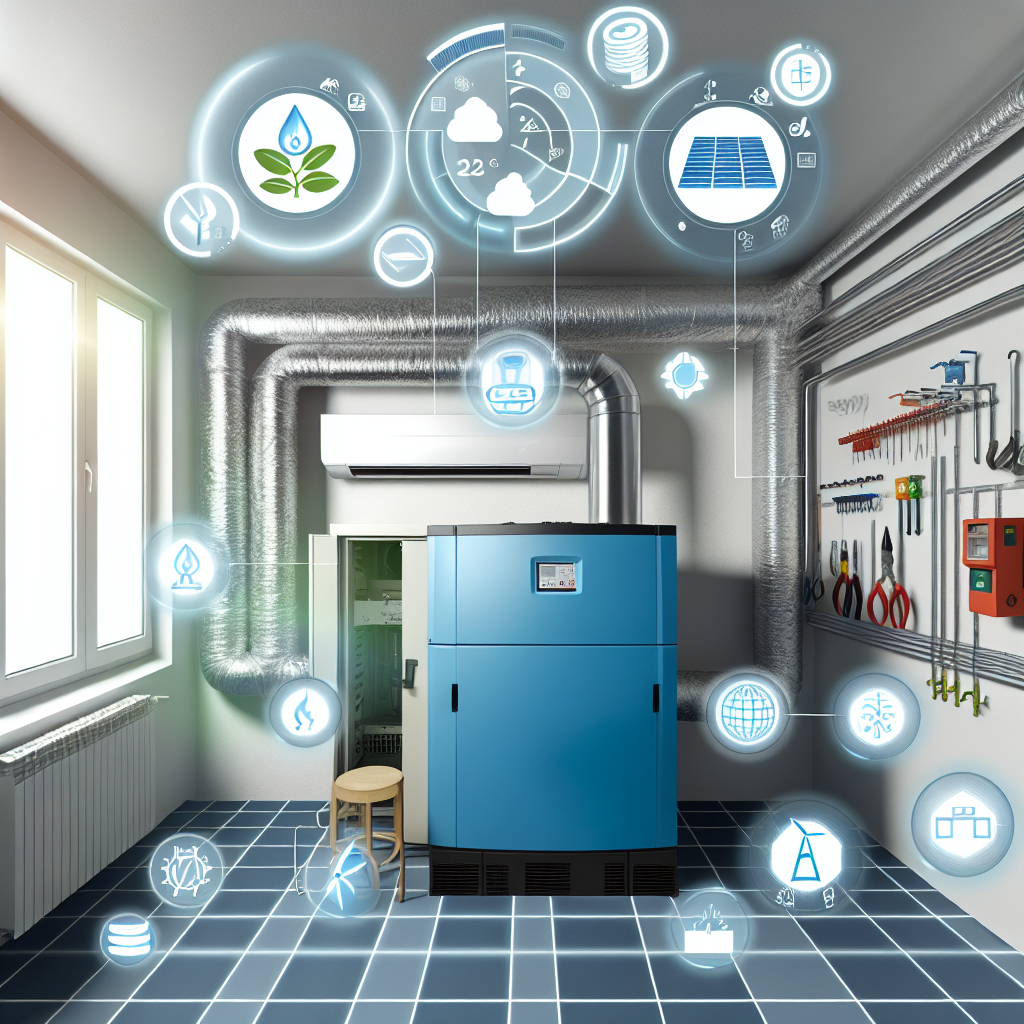Published: May 11, 2025

Are you looking to reduce your energy bills and make your home more energy-efficient? One of the best ways to achieve this is by optimizing the performance of your HVAC system. Your heating, ventilation, and air conditioning (HVAC) system can account for a significant portion of your home's energy consumption, so making a few tweaks and changes can result in noticeable savings over time. In this post, we will explore some practical tips and strategies to help you maximize energy savings with your HVAC system.
Regular maintenance is key to ensuring that your HVAC system operates efficiently. Have a professional HVAC technician inspect and service your system at least once a year. This will help identify any potential issues early on and ensure that your system is running at its best.
Dirty air filters can restrict airflow and force your HVAC system to work harder than necessary, leading to increased energy consumption. Make sure to clean or replace your air filters regularly to keep your system running smoothly and efficiently.
A programmable thermostat allows you to set a schedule for your HVAC system based on your daily routine. You can adjust the temperature settings to be higher when you're away or asleep and lower when you're at home, helping you save energy without sacrificing comfort.
Air leaks in your home can cause your HVAC system to work overtime to maintain the desired temperature. Inspect your doors, windows, and ductwork for any gaps or leaks, and seal them with caulking or weatherstripping to improve energy efficiency.
Ceiling fans can help distribute air more evenly throughout your home, allowing you to set your thermostat a few degrees higher without sacrificing comfort. This can help reduce the workload on your HVAC system and lower your energy bills.
Proper insulation in your home can help regulate indoor temperatures and reduce the strain on your HVAC system. Make sure your walls, floors, and attic are adequately insulated to prevent heat loss in the winter and keep cool air in during the summer.
Ensure that furniture, curtains, or other obstructions are not blocking the vents and registers in your home. Obstructed airflow can reduce the efficiency of your HVAC system and lead to increased energy consumption.
If your HVAC system is old and outdated, it may be more cost-effective in the long run to upgrade to a newer, more energy-efficient model. Look for systems with high Energy Star ratings to maximize energy savings and reduce your carbon footprint.
Be mindful of the temperature settings on your thermostat and try to find a balance between comfort and energy savings. Setting your thermostat a few degrees lower in the winter and higher in the summer can make a significant difference in your energy bills.
Keep track of your energy consumption and monitor your utility bills to see how your HVAC system usage impacts your overall energy costs. Identifying trends and patterns can help you adjust your habits and settings for maximum efficiency.
By following these tips and implementing energy-saving practices, you can significantly reduce your energy bills and make your home more environmentally friendly. With a few simple adjustments and a proactive approach to HVAC maintenance, you can enjoy a comfortable home while saving money in the long run.
**

Our expert technicians are ready to assist you 24/7!
Contact Us Today!Read our latest articles for helpful information about heating, cooling, and air quality.
When choosing between a furnace and a heat pump for your home, consider factors like climate, energy costs, and budget...
Read MoreInvesting in energy-efficient HVAC systems like variable-speed air conditioners, heat pumps, and smart thermostats can...
Read MoreRegular HVAC maintenance is essential for improving energy efficiency, extending the lifespan of your system, enhancing...
Read MoreImplement these 10 tips to enhance the air quality in your home, promoting a healthier living environment for you and y...
Read More